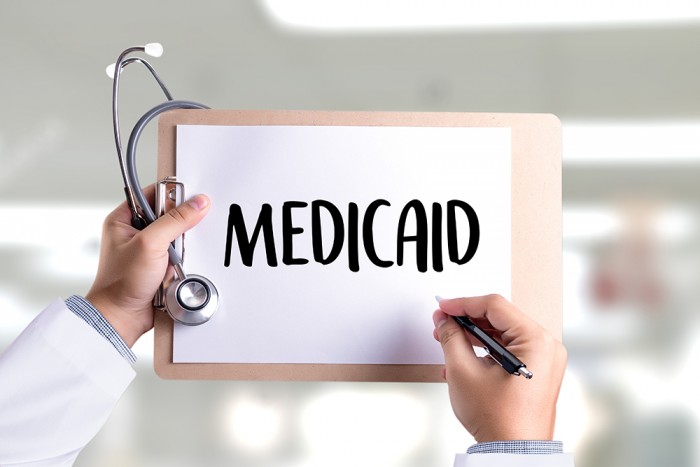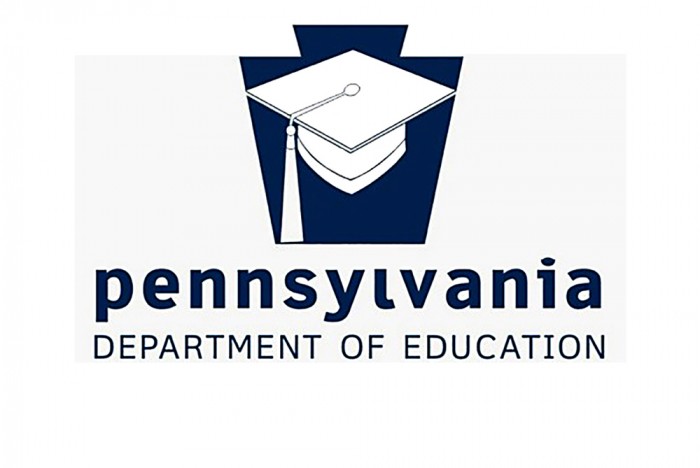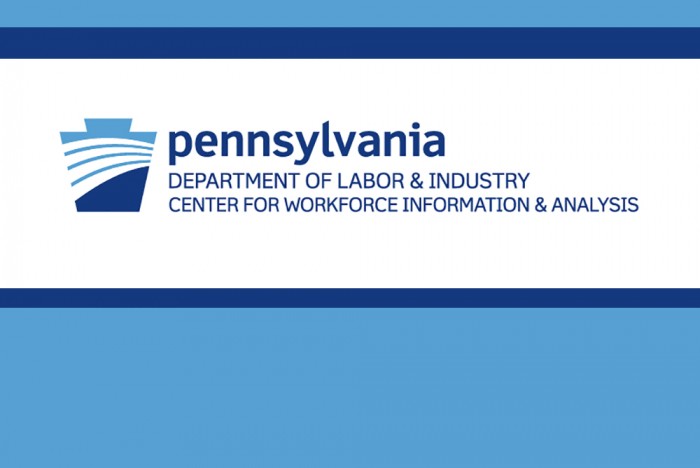Advocacy organizations ACCSES, ANCOR, APSE, The ARC, Easterseals, United Cerebral Palsy, and Goodwill International joined forces to send a letter to Health and Human Services Secretary Alex Azar, to express concerns regarding the difficulties providers are experiencing in applying for funds to assist with COVID related impact on their financial stability.
The Medicaid & CHIP Provider Relief Fund Portal closes on August 3, 2020, and as long as a provider inputs their TIN by the end of the day August 3 and is awaiting confirmation, that provider will still be able to submit the completed application when the TIN is approved. The FAQ document continues to be updated, so it is recommended that providers who have not yet applied review the FAQs again. ACCSES provided highlights of some of the relevant language:
“Patient care” means health care, services and supports, as provided in a medical setting, at home, or in the community to individuals who may currently have or be at risk for COVID-19, whereby HHS broadly views every patient as a possible case of COVID-19.
What is meant by “applicant type” in field 5 on the Enhanced Provider Relief Fund Portal? (Added 7/22/2020)
An Applicant Type Code is a two-character series of letters that generally summarizes an organization’s purpose. Enter the single code that best describes your organization from the following list:
| Applicant Type Code | Description |
| AG | Agencies (ex. foster care, PACE, developmental disabled services, etc.) |
| BE | Behavioral Health (Outpatient) |
| CA | Case Management |
| CL | Clinic/Center |
| CO | Community-based Social Support Providers |
| DE | Dental Services |
| EM | Emergency |
| HO | Home Health |
| HS | Hospital |
| NO | Non-emergency Medical Transport |
| NU | Nursing Service Providers |
| OB | Obstetrics / Gynecology |
| OP | Other Physician |
| PE | Pediatrics |
| PP | Primary Care Physician |
| RF | Residential Facilities |
| RB | Residential Facilities (Behavioral) |
| SA | Substance Abuse (Rehabilitation) |
| OT | Other |
Home- and Community-Based Service (HCBS) provider applicants should categorize personal care services as “Other,” code OT. Intermediate Care Facilities for Individuals with Intellectual Disabilities (ICF/IID) applicants should categorize their services as “Residential Facilities,” code RF.
Are healthcare providers that only bill Medicaid or CHIP through a waiver eligible for the Medicaid, CHIP, and Dental Providers Distribution? (Added 6/30/2020)
Yes. Healthcare providers that bill for services in Medicaid or CHIP that are covered under either a waiver or state plan are eligible for the Medicaid, CHIP, and Dental Providers Distribution if they otherwise meet the other eligibility criteria.
Additionally, ANCOR has developed an Infographic that outlines the process for applying for the grants. We will continue to advocate for clarity for providers to assist in accessing the available resources.


















